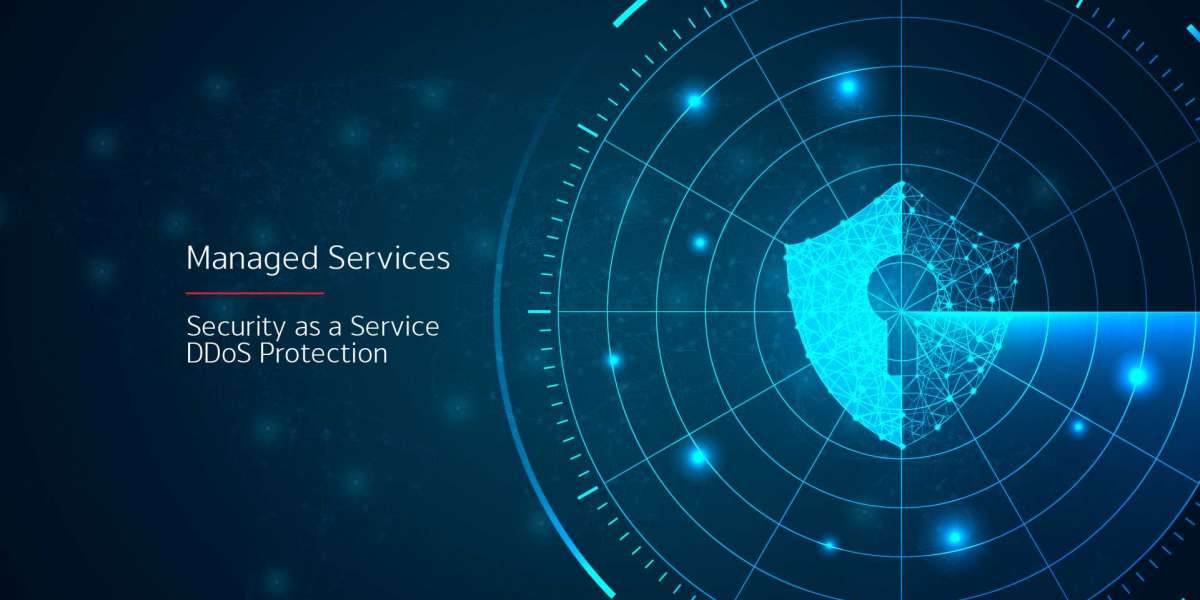Introduction In today’s digital age, protecting online assets from cyber threats is paramount. One of the most insidious attacks is Distributed Denial of Service (DDoS). Managed DDoS Protection has evolved, and the integration of Artificial Intelligence (AI) is revolutionizing this field. This article explores how AI enhances Managed DDoS Protection, ensuring robust security and seamless performance.
Understanding Managed DDoS Protection Managed DDoS Protection refers to outsourced services designed to protect websites and online services from DDoS attacks. These services monitor, detect, and mitigate attacks in real-time, ensuring uninterrupted service availability. Traditional DDoS protection relies heavily on pre-set rules and manual intervention, but the introduction of AI has significantly improved efficiency and effectiveness.
The Role of Artificial Intelligence in DDoS Protection Artificial Intelligence, with its machine learning and predictive analytics capabilities, is a game-changer in DDoS protection. AI systems can analyze vast amounts of data, identify patterns, and predict potential threats with high accuracy. This proactive approach allows for faster detection and mitigation of DDoS attacks, reducing downtime and damage.
How AI Enhances Managed DDoS Protection
1. Real-Time Threat Detection AI-powered DDoS protection systems can analyze network traffic in real-time. By leveraging machine learning algorithms, these systems can differentiate between legitimate traffic and malicious activity. This capability ensures that threats are identified and neutralized promptly.
2. Predictive Analytics AI uses historical data to predict future attacks. By analyzing past DDoS attack patterns, AI can forecast potential threats and prepare defenses in advance. This predictive ability minimizes the impact of attacks and enhances the overall security posture.
3. Automated Response AI-driven systems can automatically respond to DDoS attacks. When an attack is detected, the system can initiate predefined actions, such as rerouting traffic, deploying additional resources, or blocking malicious IP addresses. This automation reduces the response time and minimizes human intervention, leading to quicker mitigation.
4. Adaptive Learning AI systems continuously learn from new data. This adaptive learning enables the system to evolve and improve over time, enhancing its ability to detect and respond to emerging threats. The more data the AI processes, the more accurate and effective it becomes.
Benefits of AI in Managed DDoS Protection
1. Improved Accuracy AI’s ability to analyze vast amounts of data and identify subtle patterns leads to more accurate threat detection. This accuracy reduces false positives and ensures that genuine threats are addressed promptly.
2. Faster Response Times AI-driven systems can detect and respond to DDoS attacks much faster than traditional methods. The automated response mechanisms ensure that threats are neutralized before they cause significant damage.
3. Cost Efficiency By automating the detection and mitigation processes, AI reduces the need for extensive human intervention. This automation lowers operational costs and allows IT teams to focus on other critical tasks.
4. Scalability AI systems can handle large volumes of data and traffic, making them highly scalable. This scalability is crucial for organizations that experience fluctuating traffic patterns and need to protect against large-scale DDoS attacks.
Business Implications For businesses, integrating AI into Managed DDoS Protection offers significant advantages. Enhanced security leads to improved customer trust and brand reputation. Additionally, the cost savings from reduced downtime and efficient resource utilization can positively impact the bottom line. Businesses can confidently focus on growth, knowing that their online assets are well-protected.
Conclusion The intersection of Artificial Intelligence and Managed DDoS Protection marks a significant advancement in cybersecurity. AI’s real-time threat detection, predictive analytics, automated response, and adaptive learning capabilities make it an indispensable tool in the fight against DDoS attacks. As cyber threats continue to evolve, integrating AI into DDoS protection strategies will be essential for ensuring robust security and seamless online operations.







